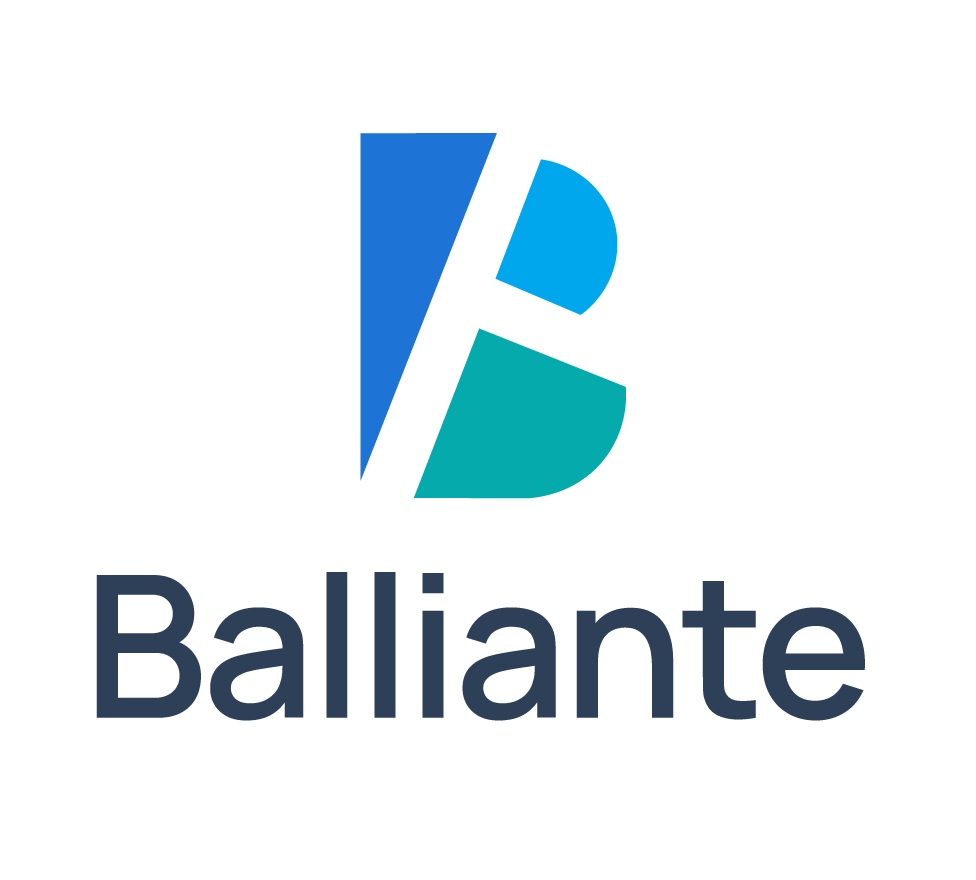In today’s digital landscape, a reliable business internet connection is paramount to the success of any organisation. It facilitates seamless communication, smooth operations, and robust security, critical factors in maintaining a competitive edge in the market. If your business is based in the UK and you’re searching for dependable IT support, Balliante is your go-to source for expert assistance in choosing and safeguarding the ideal internet solution for your company.
In this definitive guide, we will outline the essential factors to consider when selecting and securing business internet in the UK, ensuring uninterrupted connectivity and strong security for your organisation. From understanding your specific requirements to evaluating service providers and implementing protective measures, this article will provide valuable insights to aid you in making an informed decision. Trust Balliante to help you navigate the complexities of business internet options, procuring the best solution for your unique needs.
1. Determine Your Business Internet Requirements
Before selecting a business internet connection, it’s crucial to identify your organisation’s specific needs. Analyse the following factors to establish a clear understanding of your requirements:
– Connectivity speed: Determine the ideal download and upload speeds for your business based on factors such as the size of your workforce, the types of applications you use, and the level of cloud-based services your organisation relies on.
– Reliability: Evaluate the importance of a stable and consistent internet connection for your business operations. For many organisations, a high level of reliability is essential to prevent disruptions and ensure all processes can run smoothly.
– Scalability and flexibility: As your business grows, so will your internet requirements. Choose a service that offers scalability and flexibility to accommodate changes in your business needs over time.
2. Evaluate Business Internet Providers
Once you have identified your internet requirements, research potential providers in your area, considering the following aspects:
– Reputation and customer support: Investigate online reviews and testimonials from other Rotherham-based businesses to gauge the credibility of the provider. Prioritise companies with positive feedback, responsive customer support, and proactive issue resolution.
– Service quality and coverage: Assess the quality and speed of the provider’s services by verifying their advertised speeds and coverage in your area. Check if the company can support the number of devices and applications your business relies on daily.
– Pricing and contract terms: Compare costs and contract terms among service providers. Look out for additional fees, such as installation charges, as well as contract flexibility, allowing you to upgrade or downgrade your plan as needed.
3. Select the Appropriate Internet Connection Type
Several types of internet connections are available for businesses in your area. Evaluate the pros and cons of each option and determine which is most suitable for your organisation:
– Digital Subscriber Line (DSL): DSL utilises existing telephone lines to provide internet connectivity. While a cost-effective option, DSL may offer slower speeds and could be affected by your distance from the provider’s central office.
– Cable: Cable internet utilises existing cable television lines for data transmission. It offers faster speeds than DSL but shares bandwidth with other users in your area, potentially leading to reduced speeds during peak times.
– Fibre-optic: Fibre-optic internet uses light signals transmitted through thin strands of glass or plastic, offering faster speeds and higher reliability than DSL or cable connections. However, it is not available in all areas, and its installation can be more expensive.
– Wireless (Wi-Fi): Wireless internet connectivity is a versatile option suitable for businesses without access to wired solutions or for temporary setups. Speeds can be lower than wired connections, and signal strength may be hindered by environmental factors.
4. Implement Robust Security Measures
Securing your business internet connection is crucial for maintaining the integrity of your organisation’s data and mitigating the risks posed by cyber threats. Consider implementing the following security measures:
– Firewalls: Firewalls monitor network traffic to detect and block potentially harmful data packets from entering your system. Ensure you have a robust firewall solution in place to safeguard your business from malicious cyber activity.
– Secure Wi-Fi: Implement proper authentication and encryption for your Wi-Fi network, restricting unauthorised access and protecting confidential data.
– Virtual Private Networks (VPNs): Employ VPNs to create secure communication channels for remote employees or when accessing business data over public networks.
– Regular updates: Ensure that all devices connected to your business internet are regularly updated with the latest security patches and software updates to mitigate the risk of vulnerabilities.
5. Monitor and Maintain Your Internet Connection
Ongoing monitoring and maintenance of your business internet connection are essential for optimal performance and security. Adopt the following practices to ensure you get the best out of your chosen service:
– Regularly review your connection performance: Track your internet speeds and uptime to assess the effectiveness of your service provider. If you encounter consistent issues, discuss the concerns with the provider or consider an alternative company.
– Schedule equipment maintenance: Regularly inspect and maintain your networking equipment, such as routers, switches, and cables, to prevent unforeseen disruptions and extend the lifespan of the hardware.
– Backup and disaster recovery planning: Establish a robust data backup and disaster recovery plan to protect your business data in the event of an internet outage or cyber threat. This may include off-site data storage or backup internet connections.
By thoroughly assessing your business’s internet requirements, researching available providers, and implementing robust security measures, you can ensure your company benefits from a reliable, secure, and high-performance internet connection in Rotherham.
Conclusion
A reliable and secure business internet connection is vital for your organisation’s success in today’s digital landscape. By carefully considering your specific requirements, service providers, and security measures, you can ensure your business in the UK enjoys an uninterrupted, high-performance internet connection tailored to your needs. Partnering with Balliante guarantees expert guidance and support in selecting and securing the ideal internet solution for your company.
Contact us today to discuss your business internet requirements, and discover how Balliante can help you streamline your operations and maintain a secure, robust internet connection in the UK, fostering growth and success for your organisation. Learn more about our IT security services.

